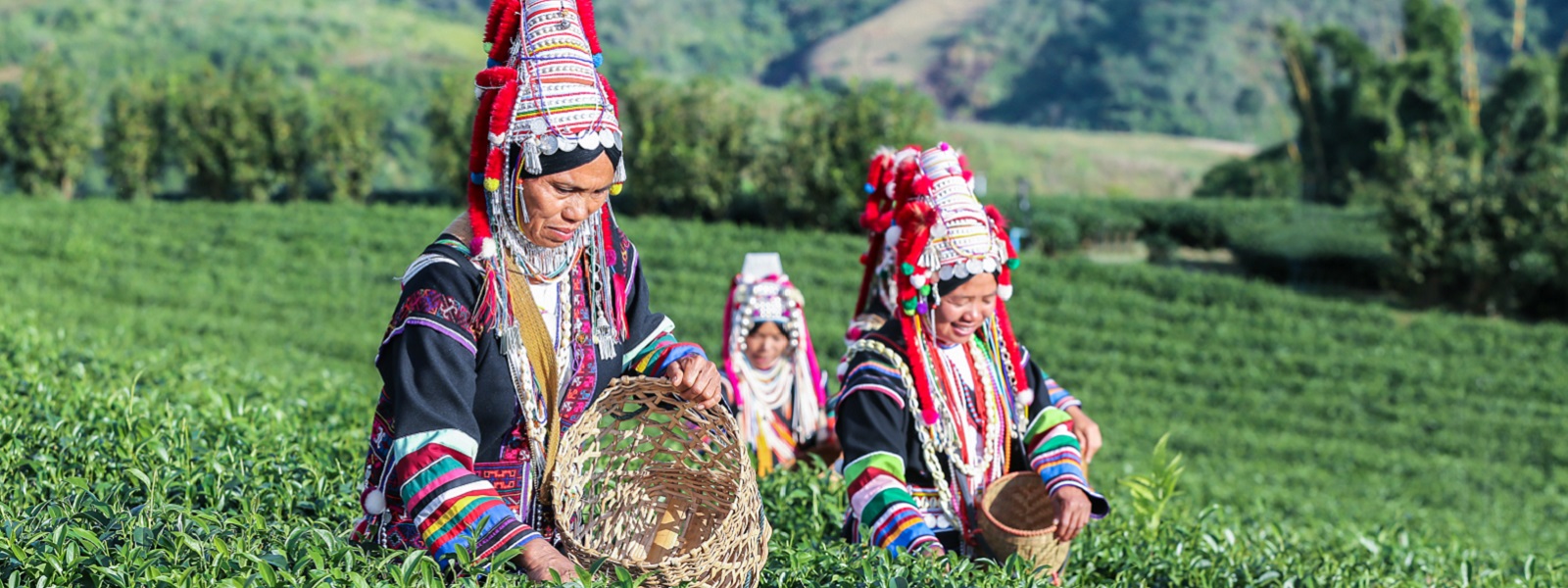Traditional knowledge
In our research we expose the intrinsic social value and cultural importance of traditional knowledge for local communities and indigenous communities. We investigate how international, national, regional and local environmental laws, regulations and customs can protect traditional knowledge from appropriation and misuse but also how traditional knowledge can be used as a mechanism to protect the environment in the broadest sense.
Indigenous peoples possess their own locally-specific systems of jurisprudence with respect to the classification of different types of knowledge, proper procedures for acquiring and sharing knowledge, and the rights and responsibilities which attach to possessing knowledge, all of which are embedded uniquely in each culture and its language [and for this reason] any attempts to devise uniform guidelines for the recognition and protection of indigenous peoples’ knowledge runs the risk of collapsing this rich jurisprudential diversity into a single model that will not fit the values, conceptions or laws of any indigenous society.” Four Directions Council
In particular, we're interested in:
- the protection of traditional knowledge through customary law
- the challenges posed by intellectual property rights
- the relationship between traditional knowledge and science studies in the area of food security, health, climate change, agriculture, biodiversity conservation, natural resource management and fisheries
- access and benefit sharing
- the relationship between the protection of traditional knowledge and land rights and tenure security
Publications
Check our publications in the area of traditional knowledge here.

